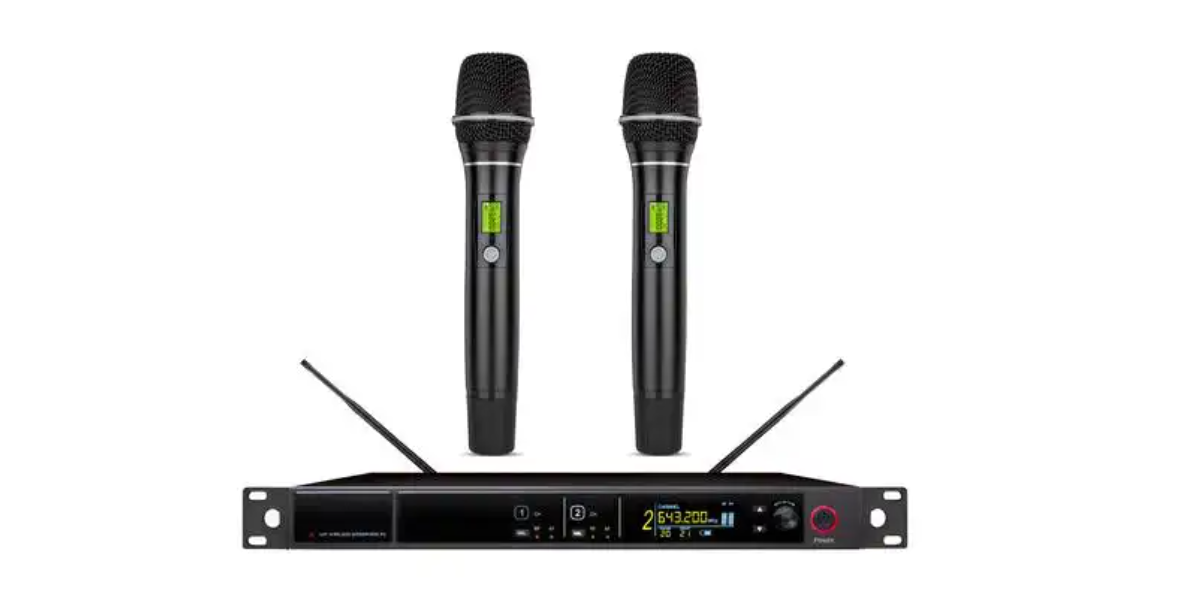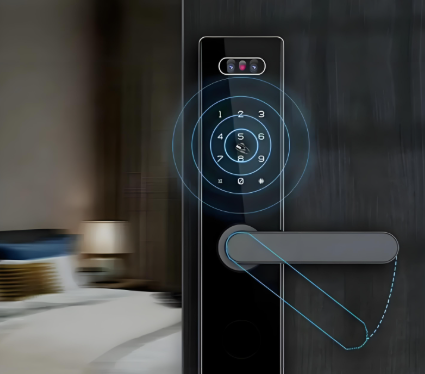The main purpose of mandatory CCC certification for toy remote control cars is to ensure product safety and protect children from potential safety risks. This certification requires that products comply with China's mandatory safety standards, covering aspects such as electrical safety and mechanical safety, to prevent substandard or dangerous toys from being sold on the market. Certification can verify whether the remote control car is harmless, reasonably designed and safely manufactured, thereby ensuring the personal safety of consumers, especially children, and enhancing the market's trust in the quality of toy products.
When applying for CCC certification, toy remote control cars must comply with the two core standards of GB 6675 "National Toy Safety Technical Specifications" series and GB 19865 "Safety of Electric Toys". GB 6675: This is the National safety technical Specification for toys in China, which covers aspects such as the mechanical and physical properties, combustion performance, chemical properties, and electrical safety of toys. Make sure the toys have no sharp edges, small parts do not fall off easily to cause suffocation risks, the materials are non-toxic, and they do not spread rapidly when burning. 2. GB 19865: Safety standards specifically for electrical toys, including the safety of electrical structures, battery safety, compliance with radio frequencies, and protective measures to prevent children from being exposed to dangerous currents. Make sure that the electronic components of the remote control car do not pose an electric shock or fire risk to the user.
When enterprises apply for CCC certification for toy remote control cars for the first time, they usually need to prepare samples for safety performance tests by testing institutions. Although the specific number of samples is not explicitly stated in the provided reference content, generally, the certification body will require at least 3 to 4 samples for comprehensive testing. This quantity may vary depending on the specific requirements of the test and the complexity of the product. Enterprises should communicate directly with the certification body to obtain the exact sample quantity requirements. When preparing samples, it should be ensured that they represent typical products in production and include all the configurations and options for expected sales, so as to conduct a comprehensive compliance assessment.
1. Select a certification body: Choose a certification body with rich experience in providing CCC certification guidance and factory audit guidance.
2. Sign a contract: Sign a service contract with the selected certification body to clearly define the rights and obligations of both parties.
3. Application for project initiation: Submit a certification application to the certification body and provide relevant technical materials and samples.
4. Sample testing: The certification body will conduct assessment tests based on the provided materials and samples, and submit an application for acceptance to the auditing body at the same time.
5. Factory inspection (factory audit) : Verify production capacity, quality system and product consistency, etc
6. Certificate Issuance: After passing the review, the certification body will issue the CCC certification certificate. The validity period of the certificate is usually five years. After expiration, a new application for certification is required.
The CCC certification cycle for toys is usually around 1.5 months, but this time may vary depending on specific circumstances. The following is the general process and time frame for certification:
1. Application stage: Submit the application form and relevant materials. It usually takes two working days to complete the processing.
2. Product Inspection: After the samples are sent for inspection, the inspection cycle is approximately 15 to 20 working days. If the product needs to be rectified to meet the standards, this process will be prolonged.
3. Factory inspection (factory audit) : It usually takes one day, but if the first inspection is not passed, additional rectification time is required.
4. Report approval and certificate Production: During the factory audit report approval and certificate production stages, it generally takes 5 working days.
Taking all factors into account, if all processes go smoothly and the factory can respond promptly and provide the required materials, the entire certification process and the certificate may be completed within 4 weeks to 2 months at the earliest. However, the actual time may vary depending on factors such as the completeness of the prepared materials, whether the product tests pass in one go, and the smoothness of the factory inspection, which specifically depend on the above variables.
1. Product positioning: Confirm whether the product falls within the CCC certification directory. For instance, a toy remote control car must meet the certification requirements for electric toys.
2. Standard Research: Conduct detailed research on relevant Chinese national standards and industry technical specifications to ensure that product design and production comply with regulations.
3. Document Preparation: Prepare the application materials in advance and ensure they are complete and accurate, including business licenses, product technical documents, consistency statements, etc.
4. Factory Conditions: Optimize the factory's quality management system, prepare for factory audits, and ensure that the production process and environment meet requirements.
5. Sample testing: Prepare samples for pre-testing to check if they meet the certification standards and reduce unnecessary delays in the formal certification process.
6. Time Management: Plan the certification process time reasonably, take into account the possible rectification cycle, and avoid affecting the market plan.
According to the standards, as a type of electric toy, toy remote control cars do indeed need to undergo annual CCC certification reviews every year. This annual review is mandatory, aiming to ensure that the products continuously meet China's national safety standards and protect the safety of children's use. The annual review meeting examines the quality control, management system of the production plant and whether the products meet the latest certification requirements. Failure to undergo annual review or failure to pass the annual review may result in the suspension or cancellation of the CCC certificate.
1. Application and Review: Enterprises need to submit an annual review application to the certification body, which will review the application materials.
2. Sample testing: Conduct sampling tests on the products to ensure compliance with the latest product safety standards.
3. Factory Audit: The audit team will visit the factory to inspect the production process, management system, document records, etc., to ensure continuous compliance.
4. Key component Control and production control: Inspect the management of key components and quality control during the production process, including routine inspections and non-metallic material testing (for specific products).
5. Conformity assessment: Based on the test results of the samples and the factory inspection situation, evaluate whether the annual inspection has been passed.
6. Rectification: If any issues are identified, the enterprise must rectify them as required. Once approved, the certificate will remain valid.
If you need to know more about the CCC certification process or handle related certifications, please feel free to consult us!

SRRC certification is one of the necessary conditions for products to enter the Chinese market for sale. It ensures that the wireless transmission characteristics of the wireless camera comply with national standards, avoiding communication problems caused by radio interference and ensuring the legality and compliance of the product.

FCC certification is a mandatory requirement for wireless device certification in the US market. Through FCC ID certification, wireless microphones can prove their compliance with US radio transmission standards, avoiding market bans or fines for violations. This is particularly important for products that hope to be sold in the US market.

KC certification ensures that products comply with relevant laws, regulations, and safety standards in South Korea, and is a necessary condition for smart door lock products to enter the South Korean market. KC certification covers wireless radio frequency, electromagnetic compatibility, and electromagnetic exposure. Strict testing and evaluation are required to obtain KC certification before products can be legally sold in the Korean market and gain consumer trust.
The main purpose of mandatory CCC certification for toy remote control cars is to ensure product safety and protect children from potential safety risks. This certification requires that products comply with China\'s mandatory safety standards, covering aspects such as electrical safety and mechanical safety, to prevent substandard or dangerous toys from being sold on the market. Certification can verify whether the remote control car is harmless, reasonably designed and safely manufactured, thereby ensuring the personal safety of consumers, especially children, and enhancing the market\'s trust in the quality of toy products.
Get a quote